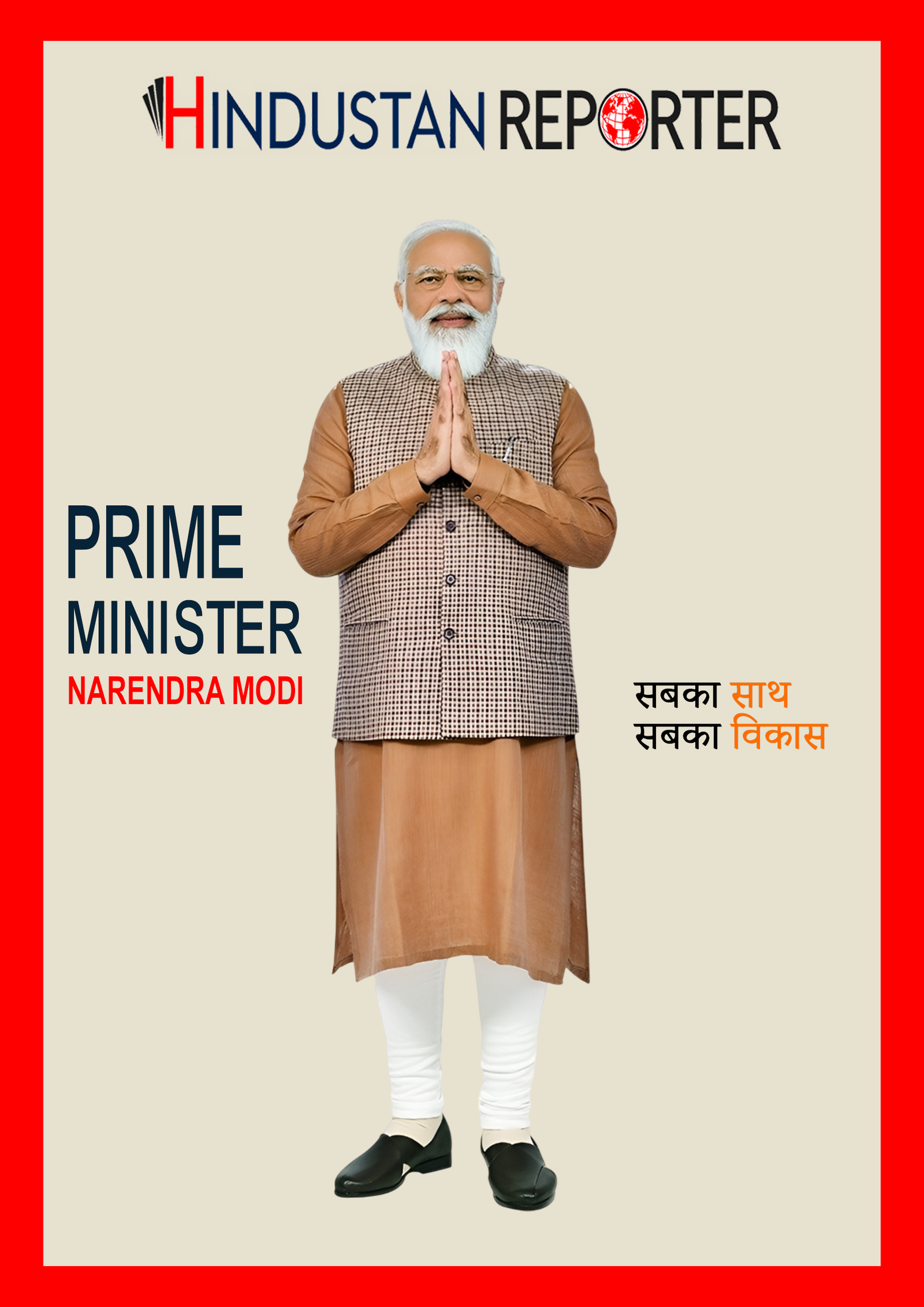Both nations made significant progress in reaching an agreement on the standards that will govern dispute resolution under the pact during the first round of trade deal negotiations between India and the European Union following the EU College of Commissioners’ visit to India last month. However, they were unable to reach a major agreement on rules of origin, which aid in identifying a product’s national source.
Prime Minister Narendra Modi and European Commission President Ursula von der Leyen had stated that both parties would seek to complete the free trade deal by the end of 2025 in the face of growing protectionism throughout the world. Since July 2022, the two parties have engaged in ten rounds of negotiations to reach the agreement. In New Delhi, the next round is scheduled to begin on May 5.
“The negotiators advanced well, especially in the area of mediation. There is currently broad consensus on the primary portions of the dispute resolution wording. According to a European Union assessment on the progress of the tenth round of talks, “intense discussions took place on rules of origin but did not lead to major breakthroughs.”
Chapters pertaining to market access received special attention. Sectoral sessions were held for the first time, looking at certain industries like medical devices and automobiles from a comprehensive standpoint and addressing all barriers to market access, such as tariffs, rules of origin, and technical barriers to trade (TBT), according to the report.
Following an EU official’s declaration last month that the 27-member bloc would not sign a trade deal without “substantive” market access from India for the sale of European-made cars, specific talks on automobiles and medical devices have been held. The region’s prolonged auto crisis is probably the reason for the focus on vehicle exports. Volkswagen, a German company, declared in October 2024 that it would close at least three of its German factories.
“Intense discussions took place on rules of origin,” according to the EU report, but no significant progress was made. The product-specific regulations for a number of industries, such as “processed agricultural products, fisheries, pharmaceutical products, chemical products, fertilizers, textiles and clothing, automobile parts, wood pulp, and paper,” were considered by both parties.
Important differences still exist on a number of areas, such as the adoption of WTO provisions and the annexes on pharmaceutical items and motor vehicles, the study added, adding that little progress has been achieved on technical regulations, market surveillance, and technical talks.
According to the study, “India’s Quality Control Orders (QCOs) were brought up by the EU.” Several nations have characterized the QCOs as a trade barrier because they prevent the import and sale of goods that do not have a Bureau of Indian Standards (BIS) mark.

